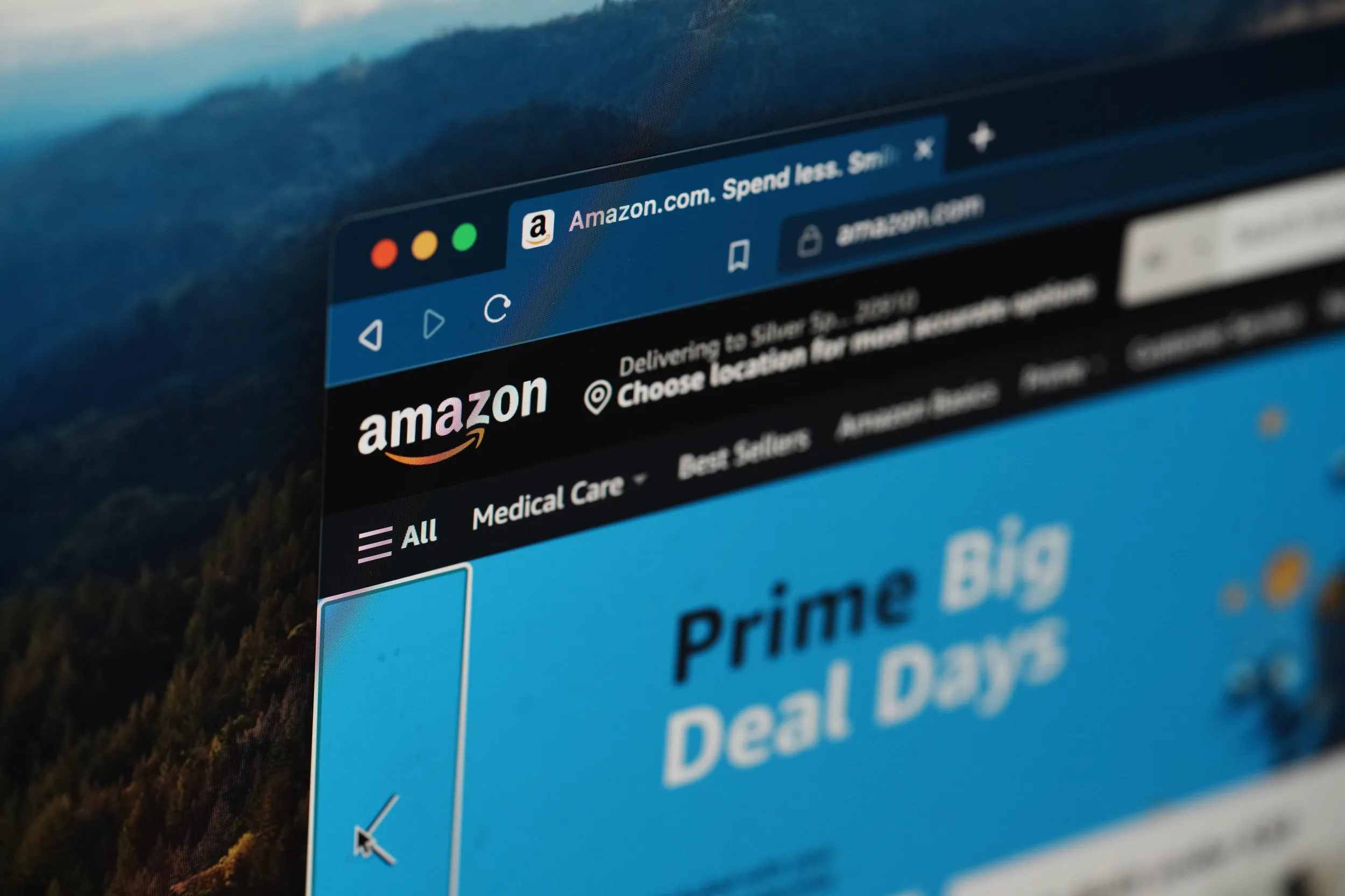Is there an enforcement pattern in the EU? The AdSense for Search Decision
Today, the European Commission (EC) has released the outcome of its antitrust investigation into Google’s “AdSense for Search” product, or “AFS”. This case marks the end of the EC’s 10-year investigation into Google’s businesses, and is the third decision of its three main Google cases: Search (Shopping), Android, and AFS.
Interestingly, the AFS decision consolidates the EC’s pattern of reaching different conclusions than other competition authorities that looked into the same matters. Comparing the Google decisions in the EU with those of other enforcers, the EC stands alone in its findings.
What was decided today?
AFS enables a web publisher to place text advertisements on its own search engines. For example, if a publisher provides a way for readers to search for old articles, AFS can place relevant text ads next to those search results. Publishers receive a portion of the resulting ad revenue, and thus AFS provided another means for monetizing existing content. In the past, Google’s AFS contracts included clauses limiting, for example, where competitor ads could appear relative to Google’s ads to reduce confusion between them. These restrictions, which were among those at issue in the EC’s inquiry, have long been removed from AFS contracts.
In today’s decision, the EC took issue with these historical contract provisions to find that Google’s past conduct abused its dominant position by artificially restricting third-party websites from displaying text-only search advertisements from Google’s competitors. In doing so, the EC argues that Google reduced choice and stifled innovation in online markets.
Is there an enforcement pattern?
As in the Google Shopping case, the EC’s AFS decision analyzed the same evidence as other competition authorities, but reaches contrary conclusions relating to Google’s businesses.
Back in 2010, the EC started investigating AFS contracts. Likewise, the Federal Trade Commission and the Canadian Competition Bureau conducted their own investigations into Google’s services, including AFS. These other agencies looked into the very same AFS contract clauses at issue in the EC’s case, and decided to close their respective investigations without taking any action. Notably, in the U.S., then-Commissioner Ohlhausen stated that the FTC’s investigation did not “reveal evidence that Google was coercing its partners into restrictive arrangements; rather, the evidence showed that virtually none of Google’s partners are seeking to switch any of their business to non-Google providers. Simply put, I was not presented with any evidence to indicate that these arrangements were anything other than procompetitive.” The FTC’s conclusion was not surprising given that other advertising providers can and do outbid Google to provide these sorts of ads.
So is this the end of the decade?
While the decade-long arc of Google investigations is now behind us, it is now the time to wait and see whether the European Courts in Luxembourg support the EC’s pattern of competition enforcement, or rather, prefer to try to redirect the EC in line with other jurisdictions that have looked into the same matters. As these cases will form a growing body of EU case law on competition enforcement in digital markets, the importance of their outcome can hardly be overstated.








